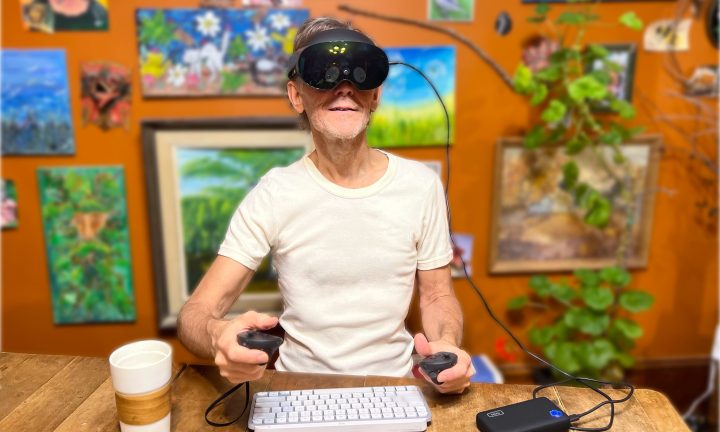Select Language:
The influence of video games on mental health—both positive and negative—has long been a hot topic of discussion. Some experts believe that fitness-focused games can even support mental well-being. In an interview with Digital Trends, Dr. Kelli Dunlap, a clinical psychologist, explained how gaming can have beneficial effects on psychological health. Recent research further illuminates how immersive virtual reality (VR) and augmented reality (AR) games may help reduce feelings of loneliness and boost mental health.
The Main Takeaway
A study conducted by researchers at Michigan State University’s Department of Kinesiology found that participating in AR and VR sports games can contribute to stronger social connections and improved mental health. The study highlights that playing AR/VR sports titles can foster a sense of psychological well-being by helping players feel connected to others and encouraging real-time communication.
To explore this further, the team asked 345 participants to play virtual versions of table tennis, bowling, and billiards, available on platforms like Nintendo and Meta. After gameplay, participants reported on their mental state, feelings of loneliness, and how engrossed they were in the experience.
The overarching conclusion was that individuals deeply engaged in these games tended to report higher levels of psychological wellness. A key finding was that social interactions within immersive gaming environments—facilitated through avatars, live chat, and nonverbal cues—play a significant role in making players feel better.
Social Connections Are Crucial
The researchers emphasize that virtual avatars contribute to transforming these games into social experiences. “AR and VR sports games can create a strong sense of being with others by using avatars, real-time communication, and nonverbal cues,” they note.
While experts acknowledge that AR and VR gaming aren’t a cure-all for everyone dealing with mental health challenges, they do recognize a therapeutic potential in these virtual experiences. The complete findings have been published in the International Journal of Human–Computer Interaction.
On a related note, a 2021 study published in Frontiers in Psychology found that social VR games can significantly impact well-being. With proper moderation, these games can serve as effective social outlets. An additional analysis, involving nearly four thousand participants, pointed to the social benefits and community-building aspects of gaming.
Although VR and AR games are not a universal solution, evidence suggests they can offer meaningful social and psychological benefits for many players.





